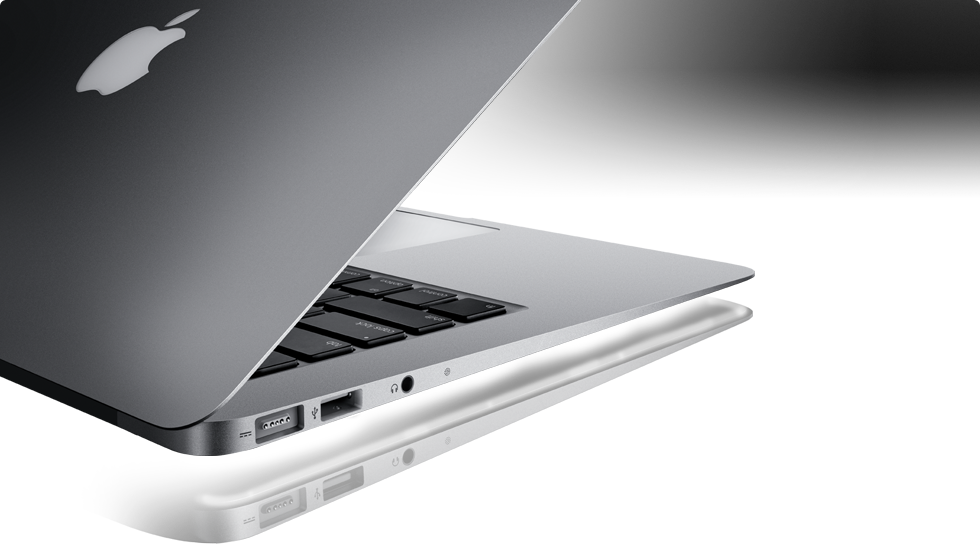Major mobile players getting desperate thanks to Apple


Intel's unveiling of a new mobile product category at Computex today smacks of desperation. The Ultrabook™ as the chipmaker describes it is a firm attempt to chase two of Apple's successful products: the iPad and the MacBook Air.
These computers will marry the performance and capabilities of today’s laptops with tablet-like features and deliver a highly responsive and secure experience, in a thin, light and elegant design.
It's clear that Intel is chasing both the iPad in the tablet space and the MacBook Air in the laptop segment with the new Ultrabook™. This has desperation written all over it, and the problem Intel has is they don't make actual products. They can produce all the reference designs they want but they have to get a significant number of hardware partners to actually build the things. This won't be easy given Intel's own declaration that the Ultrabook™ must be "sub-$1,000" devices. The last time I looked at the mobile space $1,000 wasn't a good target for any product or company.
Microsoft invented the Tablet PC but could never get past the bulky, heavy and expensive nature of the beast. Apple set the bar for tablets with the iPad, and Microsoft is scrambling to get an ARM-based Windows 8 tablet to market faster than the company in Redmond has ever moved before. While Microsoft missed the big tablet market entirely, the desperation to keep relevant in this mobile segment may be a good thing.
Larry Dignan has a great point that a Microsoft offering of an Office-optimized tablet could be a good move for relevance in the increasingly crowded tablet field. Such a device running a version of Windows for the ARM platform, totally written for the tablet form, could be competitive in the enterprise market if it packed a good version of the Office suite.
I would add that such a tablet could also hit the consumer space if the same team at Microsoft that has integrated Xbox Live features in Windows Phone would do the same for the Microsoft tablet platform. The tiny smartphone screen can only take Xbox integration so far, and bringing it to a bigger tablet screen could be awesome. With one platform designed to integrate Office and Xbox, Microsoft could actually make a run for the tablet buyer's money.
Qualcomm with its chip technology based on the ARM architecture, has been able to capitalize on this boom in the mobile space. The company is now looking to go beyond the smartphone and tablet worlds and make a run into the laptop area, and thanks to the Microsoft efforts in this area have a good shot at doing so. It is a distinct sign of the times when Intel is desperately trying to break into mobile, and Qualcomm is getting ready to make a run at the laptop space.
No matter what you think of Apple the company and its business practices, it has totally redefined the mobile space with its products. The major players in mobile are desperate to remain relevant in this space, and what they do in the next two years will be significant to determine their ongoing significance in mobile.
See related coverage: